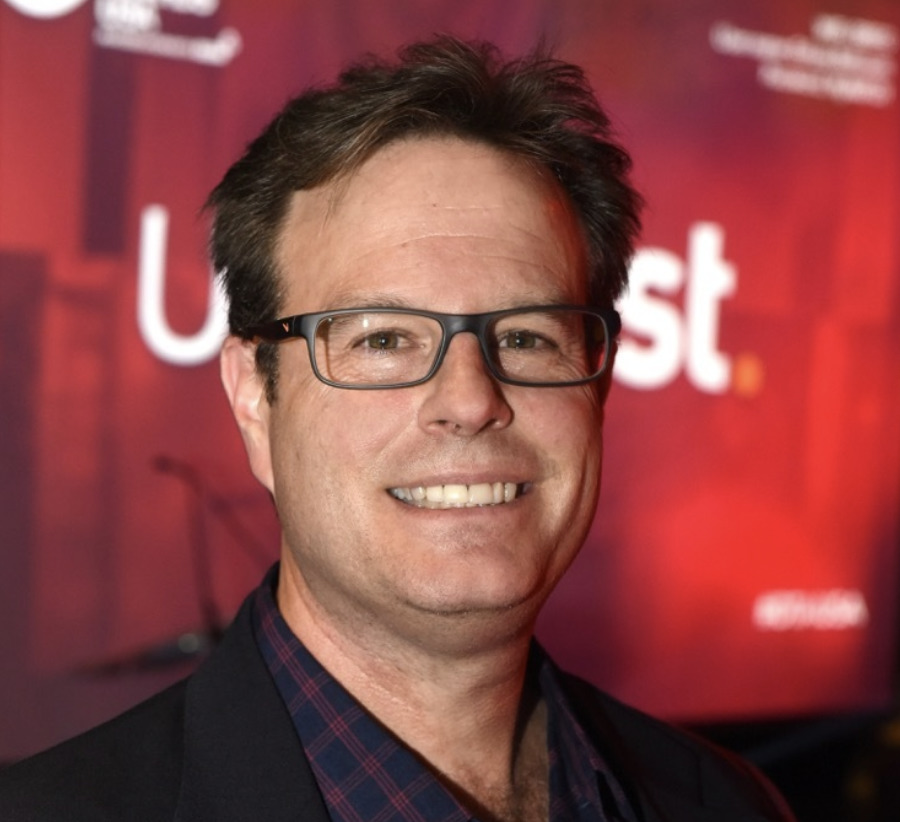We deliver! Get curated industry news straight to your inbox. Subscribe to Adweek newsletters.
Tools of the Trade is a feature to highlight the many tools that help make advertising and marketing folks successful. The tools can be anything that helps people perform at their top form, from a favorite drafting table to the best software program to a lucky pen, a vintage typewriter or a pair of headphones.
Next up is Alice Britton, founding director of Journey in London.
What is one tool you use all the time at work, and how does it inspire your work?
I have a pretty long commute on the underground across London into the Journey studio, and my super tool is the book I take with me. It’s the perfect way to start the day, diving into the magical world of a sci-fi novel. Currently I’m deep into Margaret Atwood’s MaddAddam trilogy.
Why is it your favorite?
The beauty of books is that you can take them anywhere, and they never run out of battery. They are worlds of inspiration in your hand.
What’s so brilliant about Margaret Atwood’s books in particular is that they are not only absorbing and imaginative, but they are also based on real science, so they hold up an extraordinary lens to our future. I was really inspired by her rigorous approach to scientific research for her work.
The novels deal with mental health, nature, the future of our environment and our place in it. These are all important themes in our work at Journey, in finding new ways to enrich our lives by harnessing new technologies. A project we’re developing at the moment called HomeForest brings the beneficial effects of nature into our homes by creating a heightened sensory connection to nature, helping to reduce anxiety. When we were researching the project, we drew on clinical studies and the work of scientists, as well as collaborating with academic researchers to find out how the restorative effects of even digital nature can have real impact on our mental wellbeing, reducing stress and helping with conditions such as ADHD and PTSD. Immersive experiences across the physical, digital and virtual realms, like HomeForest, can bring us closer to these therapeutic benefits when nature is out of reach.
How did you acquire your tool or hear about it for the first time?
I’ve always been really interested in science fiction—I was born in the ’70s against the backdrop of the greats such as Solaris, 2001: A Space Odyssey, and Blade Runner. Then through my degree in architecture I discovered that so much thinking about urbanism is imaginatively played out through science fiction stories.
Before Squint/Opera became a part of Journey in 2022, bringing immersive and virtual design into the emerging frontier of multidimensional experiences, our narrative films about the future of design were inspired by science fiction stories and aesthetics. Many of the new technologies that we are developing in our work started as science fiction only a few years ago! But unlike the often dystopian slant in sci-fi narratives, our work today is all about improving our interaction with the world. We aim to embrace a spectrum of advanced technologies to shift how people perceive, engage and interact with the world. These could include GenAI, sophisticated gaming dynamics, spatial computing and mixed-reality environments, alongside the innovative use of virtual twins, to fortify the depth of each experience we create.
How does it help you be successful?
The power of stories and storytelling runs deep in our human psyche. We are all compelled and moved by stories. They bring us together. This is where we start all our projects at Journey: What is the story? What is that human element we can all connect with? Every surface, be it digital, virtual or physical, is a medium for potent storytelling. We view each project as an unwritten epic, with the potential to transform how people perceive their world.
Does it have sentimental value?
Novels like the MaddAddam trilogy, or others by sci-fi authors such as Stanisław Lem or Philip K. Dick, offer such different perspectives on thinking about our future, and I hold great value in their power to shift my views of the world and my work – they’re not just my super tool, they’re a part of my psyche.
Do you think your tool could go viral?
I’m sure it already has.
We want to know what tools you use to make you successful. If you’d like to contribute or know someone who would want to be featured in Tools of the Trade, please fill out our survey.








